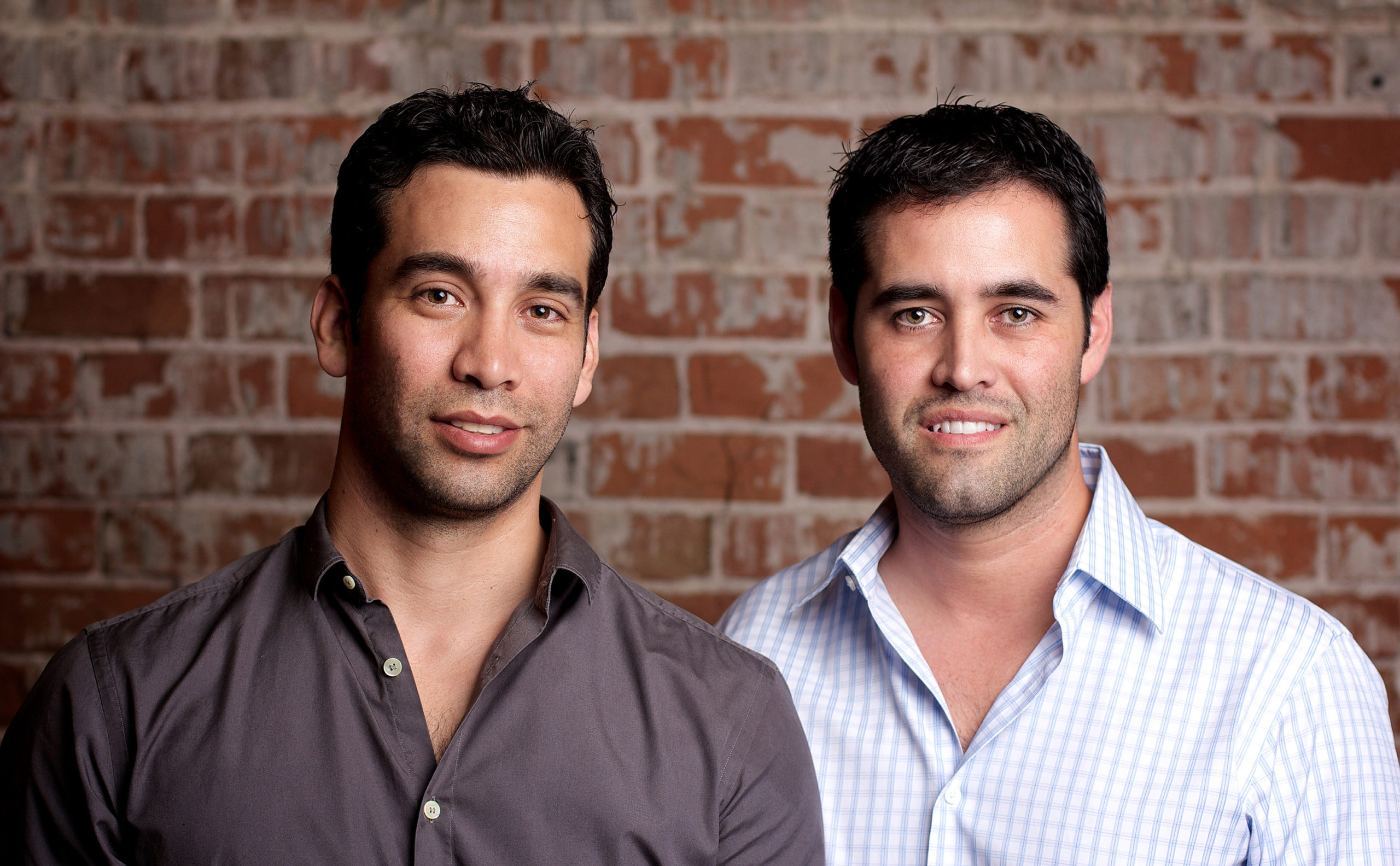A cundina in Mexico. A chit fund in India. A sou sou in West African and Caribbean nations. Informal savings pools, around for centuries, are still the preferred savings tool of billions of low-income people around the world.
Savings circles are common in another country with a large unbanked population as well — the United States.
Phoenix-based start-up eMoneyPool is modernizing this popular tool for the age of smart phones and social networks in order to build a bridge to formal financial services for millions of low-income savers.
“Traditional savings circles or money pools are arguably the oldest and most widely used financial tools in history.” says Paul Breloff, managing director of Accion Venture Lab, an early investor in eMoneyPool.
In the U.S. roughly 60 percent of low-income minorities, or an estimated 40 to 60 million people, use informal savings pools. It’s a go-to tool for those who don’t trust banks or, more likely, don’t have formal credit histories required by banks to make a loan. What they do have is the commitment to save, a strong network of friends and family, and the habit-forming nature of peer pressure.
[blockquote author=”Francisco Cervera, co-founder, eMoneyPool” pull=”pullleft”]We’re simply making a practice that’s been around for centuries safer and more efficient. [/blockquote]
A traditional savings pool works like this: family and friends interested in saving come together and commit to putting money into a pool each month. Over the life of the pool the members take turns drawing from the pot. For example, a pool’s 12 members all commit to putting $100 into the pool for 12 months and each gets a turn at withdrawing $1200 for one of those months.
“For those that are first to draw from the fund, it’s a short-term loan between friends to be repaid in regular installments,” eMoneyPool explains on its website. “For those that make contributions to the fund first and wait to draw until they’ve accumulated enough funds for their purchase, it’s a forced-savings mechanism.”
Savings pools seems to work. A 2012 National Bureau of Economic Research study found that peer savings groups can triple the likelihood of saving and double the amount saved.
The founders of eMoneyPool, brothers Francisco and Luis Cervera, grew up around savings pools. Luis used an informal savings pool to purchase his first car. Their sister used one to save for her wedding. Francisco and Luis’ mom bought them their first computer using a savings pool.
The problem with informal savings pools is that they’re messy, insecure, and have limited reach. Francisco remembers the monthly reminders from friends and family and his mom picking up and transporting cash. More critically, because they function off the books, they don’t allow participants to build credit and access other financial services.
Those are among the problems Francisco and Luis have tried to solve with eMoneyPool, an online platform for savings pools that removes much of the risk and helps build participants credit history over time. eMoneyPool brings transparency—all users are rated and verified by their peers. It increases efficiency and security—all payments are handled online and each pool is guaranteed in case someone doesn’t pay. And it expands the pool—users have access to fellow savers across the U.S. For these services, eMoneyPool charges a fee of between one and five percent per pool.

The company has established formal partnerships with banks and credit unions. After successfully participating in an eMoneyPool savings pool, users can present a certificate of completion to an eMoneyPool partner and gain access to a whole set of financial products that were previously inaccessible.
“They’re building a credit ladder,” says Breloff. “They’ve thought through how to onramp their eMoneypool users to more traditional services.”
Accion Venture Lab provides seed capital to innovative financial services start-ups. Breloff approached Francisco in the fall of 2013 after meeting at a PopTech event on the underbanked at Yale and backed eMoneyPool a few months later. To help Francisco and Luis think a little bigger, Breloff introduced Francisco and Luis to Village Capital, a social venture accelerator program.
From more than 100 applications, eMoneyPool was selected to join a cohort of 14 companies addressing access to finance in the U.S. The brothers gained access to three multi-day business workshops, expert mentors, and mostly importantly, peer entrepreneurs in the financial tech sector.
Village Capital’s 2015 Fintech Program culminates this week in the Bay Area. In an attempt to democratize entrepreneurship and identify stronger companies, the accelerator puts the funding decision in the hand of the entrepreneurs themselves. Each cohort chooses the top two companies from among their own ranks to each receive $50,000 in pre-commited investment from Village Capital.
“When we look at the companies that have been the strongest performing in our programs, they come from areas ranging from Phoenix and West Lafayette, Indiana,” says Ross Baird, Village Capital’s executive director. “They bring a perspective to critical issues that isn’t clouded by the often-wrong conventional wisdom of the (Silicon) Valley.”
Winning that endorsement from their peers, and that early investment, was key to eMoneyPool’s launch. “To take part in the program and win was key,” says Francisco. “We gained important knowledge in Fintech industry but also gained the exposure we needed.”
Having now raised roughly half a million dollars, eMoneyPool is gearing up to raise its next round of funds. Growth has surprised even the founders. Initial projections called for cycling about $2 million in saving assets through the platform by the end of 2015. Over 2,000 users of eMoneyPool surpassed $1 million in April. The on-time payment rate is 99 percent.
“We’re simply making a practice that’s been around for centuries safer and more efficient,” says Francisco. “We’re building the infrastructure to help a whole generation of unbanked Americans come into the mainstream financial system.”











